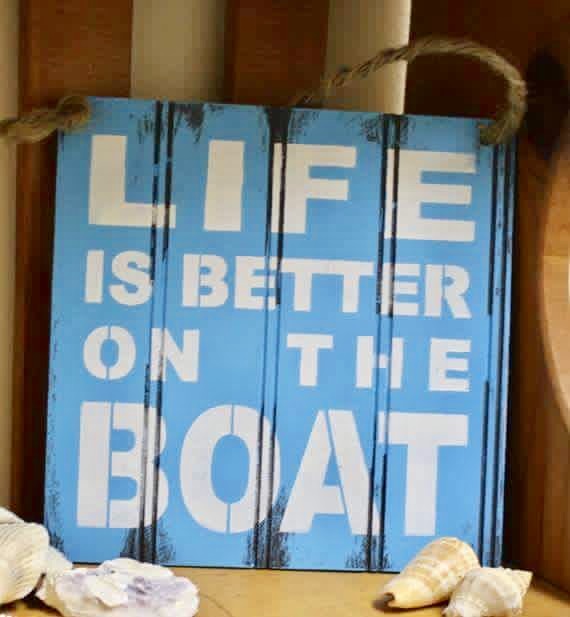
Choosing A Policy
All-risk policies, with consequential-damage coverage for losses due to specific peril such as fire or sinking, are among the broadest recreational marine policies available today. They cover certain types of losses resulting from a failed part, even if the cause of the part's failure is excluded. With consequential-damage coverage, for example, if a thru-hull should fail due to corrosion (a typical exclusion in marine policies) and your boat sinks, the repair or replacement of the thru-hull would not be covered, but the damages directly related to the sinking would.
All-risk policies provide for a broad array of losses from an accidental cause that could befall your boat, such as theft, vandalism, lightning, fire, grounding, and sinking. When comparing policies, look for options that protect your personal items, such as watersports equipment and fishing gear. Non-emergency towing coverage is also important to have in the event of a breakdown.
Typical recreational marine policies in the market give you the option to insure your boat in the event of a total loss for its "agreed value" (also known as "stated value") or for the current market value (often "called actual cash value"), which may be lower than the agreed value. Generally, an actual cash value policy is less expensive. The larger the boat's value relative to your total assets, the more important insurance becomes to protect yourself from financial loss.
The Bare Minimum
If you're comfortable with risking the value of your boat, many companies, give you the option for a liability-only policy that doesn't insure physical damage to your boat at all but provides a specified amount of coverage for your liability to others in the event of an accident, as well as protection from uninsured boaters.
Even if your boat isn't worth very much, you should still consider purchasing liability insurance. A collision with a small powerboat can cause serious injuries, and even if you're not found liable for those injuries, it could cost a significant amount of money in legal fees to defend yourself against such claims.
Policies that cover liability only, with no hull coverage, can be significantly less expensive than full-coverage policies.
Note that if you already have a homeowner's umbrella (or excess-liability) policy, it will usually require your boat policy to have certain minimum liability limits (typically $300,000, but sometimes as high as $500,000), and you should make sure there's no coverage gap.
Boat insurance is flexible, so you can buy the right kind of policy at the right price for you, from one that protects your assets in case of a liability claim against you to one that covers most situations that could damage or destroy your boat. Getting quotes on several different types of policies will allow you to make an informed decision based on the coverage versus the cost.